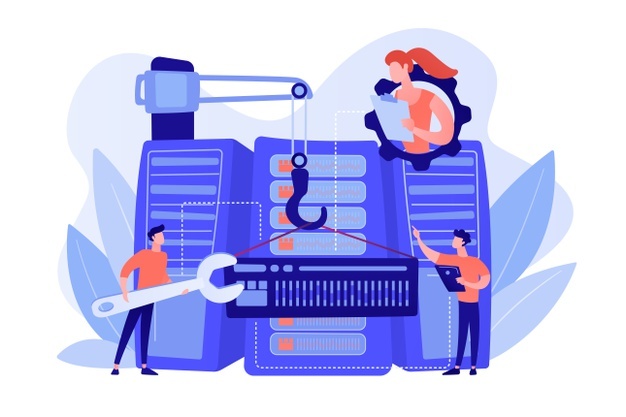Responsible people accept moral responsibility for their actions.
Accountability is the willingness to submit one’s actions to moral scrutiny and be open and responsive to the assessment of others.
It should be understood as being culpable and blameworthy for misdeeds.
Submission to an employer’s authority creates in many people a narrow sense of accountability for the consequences of their action. This is because of
i) Only a small contribution is made by one individual, when large scale engineering work is fragmented. The final product which is far away from one’s immediate workplace, does not give a proper understanding of the consequences of one’s action.
ii) Due to the fragmentation of work, a vast diffusion of accountability takes place. The area of personal accountability is delimited to the portion of work being carried out by one.
iii) The pressure to move on to another new project does not allow one to complete the observations long enough. This makes people accountable only for meeting schedules and not for the consequences of action.
iv) To avoid getting into legal issues, engineers tend to concentrate more on legal liabilities than the containment of the potential risks involved in their area of work.
Viewing engineering as a social experimentation makes one overcome these difficulties and see the problem in whole rather than as part.

